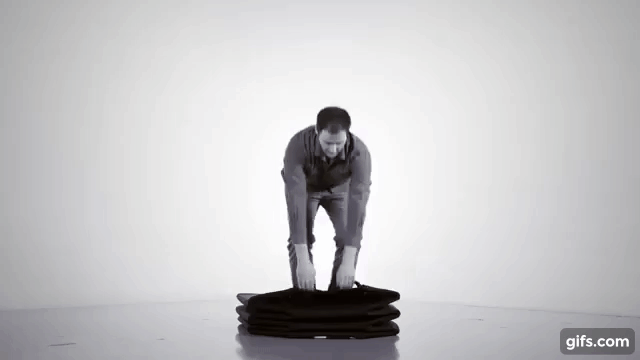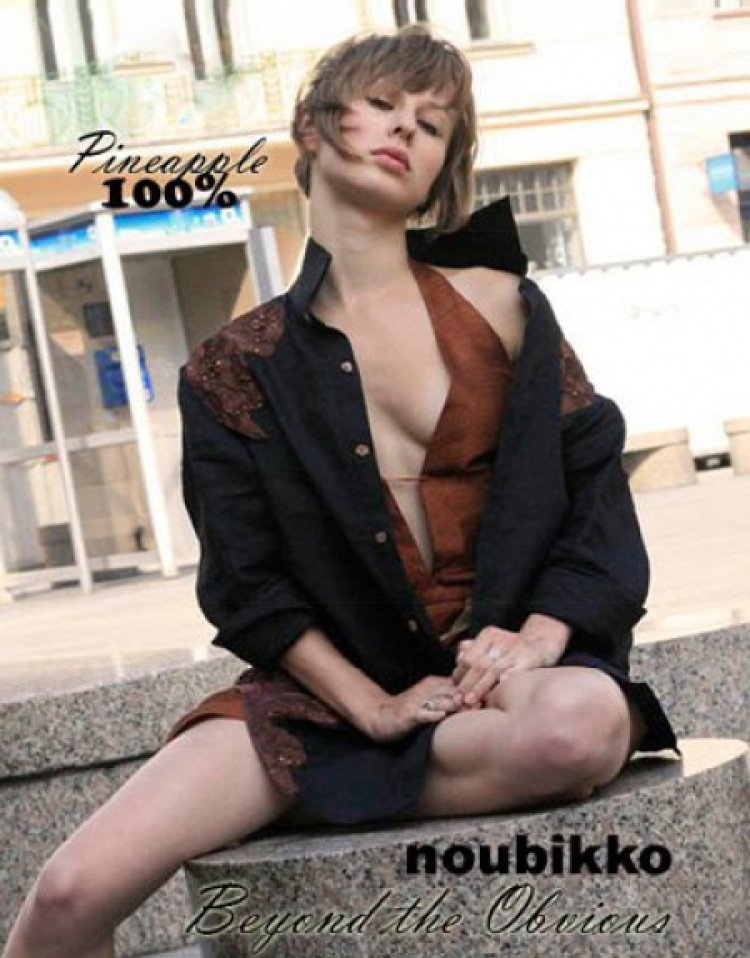Netflix’s “Nobody Wants This” Sadly Lives Up To Its Title
A romantic comedy series short on both romance and comedy.

What makes a TV show good? Everyone you ask, including my colleagues, will answer this differently. Here’s what I take into account: Does it have something to say? Does it contribute to the evolution of the medium? Does it take artistic risks? Does it play with lighting, costumes, editing? Even if the answer to all the above is no, is it at least well-written and directed? Does it simply vibe, as the kids say, without making larger pronouncements about the human condition? And if the answer to all of these questions is no, then why should anyone spend their precious time watching 10 half-hour-long episodes of “Nobody Wants This,” a romantic comedy series short on both romance and comedy?
Created by Erin Foster and based loosely on her own life, “Nobody Wants This” centers on Joanne (Kristen Bell), who co-hosts a podcast about sex and relationships with her divorced sister Morgan (Justine Lupe), and Noah (Adam Brody), a rabbi navigating an ugly breakup with Rebecca (Emily Arlook), who just happens to be best friends with his sister-in-law Esther (Jackie Tohn). Rounding out the main cast are Sasha (Timothy Simons), Noah’s older brother and the sole source of the series’ few true laughs. Noah and Joanne meet cute at a dinner party, but almost immediately, everyone in their lives is against the relationship. Morgan doesn’t take the relationship seriously and grows concerned that Joanne’s newfound maturity will leave her behind. At the same time, Noah, who is up for a promotion to become head rabbi, is bombarded with nuclear warheads of guilt by his mother, Bina (Tovah Feldshuh), his sister-in-law, his congregation, and his boss (Stephen Tobolowsky).

For any romantic comedy to succeed, its leads must have chemistry. Think Grant and Roberts in “Notting Hill,” Mastroianni and Loren in “Marriage Italian Style,” Tautou and Kassovitz in “Amélie.” The only two people who can’t seem to gel on “Nobody Wants This” are Bell and Brody. Both are conventionally attractive adults known for their easy-breezy screen performances. Still, their interactions here lack that near-undefinable alchemy that stars need for a love story to have an impact. Their kisses don’t thrill, their body language is stilted. Joanne’s rapport with Morgan, Morgan’s odd burgeoning friendship with Sasha, and even Joanne’s prickly chats with Esther all possess more spark and relatability.
The characterization of the women in the series seems designed to deter rooting for them. The gentile women—sisters Joanne and Morgan, their mother Lynn—are immature, hyperemotional, and aggravating, their antics and habits more reminiscent of teenage girls raised by TikTok rather than grown women in their 30s or 60s, respectively. (The sisters even proudly proclaim they won’t let anyone act like “hot mean girls” to them because they are the hot mean girls.) The Jewish women—Rebecca, Esther, Noah and Sasha’s mom, Bina, and all of Rebecca and Esther’s friends—spend 100% of their waking hours judging, scheming, and guilt-tripping. Their treatment of Joanne is hostile, bordering on abusive. And absolutely no one on the series possesses a spine. Noah seems largely unaware of how thoroughly his mother controls him and his dreams (or, even more upsettingly, is fully aware and lets her do it anyway). Lynn, who’s separated from her husband Henry (Michael Hitchcock), who recently came out and is now happily dating men, does not make any efforts to talk through her grief with a therapist and instead spends all her time stifling their daughters.
This specific story, of people from vastly different backgrounds fighting all the odds on behalf of their love, is well-trod territory in film and TV. There’s a scene later in the series when Bina leans into Joanne’s ear and says, “You will never end up with my son.” Eleanor Young (Michelle Yeoh) said more or less the same to Rachel Chu (Constance Wu) in a pivotal scene in “Crazy Rich Asians,” but what helped that confrontation land like a bomb, instead of just a simple petty insult, was the richness of its context. Given everything Eleanor had been through to try and win approval from her in-laws, she concluded that it would be difficult, and even unfair, to put Rachel through the same wringer. What Eleanor perceived as a necessary dose of reality/favor Rachel took as a challenge. Joanne decides to rise to the challenge, too, but the moment she grows a backbone, the writing has her fold almost immediately, her vacillation proving to be her downfall. “Crazy Rich Asians” featured a host of characters battling various issues: infidelity, class, racial identity, parental identity. No one on “Nobody Wants This” has any real problems except constantly refusing to mind their own business.

If “Crazy Rich Asians” seems like an unfair comparison, consider Charlotte York’s season six arc on “Sex and the City.” Having fallen in love with her divorce lawyer, Harry Goldenblatt (Evan Handler), high WASP Charlotte learns he promised his dying mother he’d only marry a Jewish woman. Charlotte begins the conversion process, and what unfolds is quite moving, very funny, and, according to my Jewish friends, fairly authentic: she has to ask thrice in order to be considered for conversion, she must give up everything about her Christian life to fully embrace Judaism (including, to Charlotte’s great dismay, Christmas). An ugly fight with Harry briefly blows up their relationship, but the pair reconciles, with Harry proposing at a synagogue singles event. This aspect of Charlotte and Harry’s story not only possesses depth and charm, but it’s efficient, too, spread out over the course of six half-hour episodes.
As critics, we’re meant to review the show we saw, not the one we wished we’d seen. But I’d likely take far less issue with “Nobody Wants This” if it were a 90-minute film, and ten years ago, this would’ve been a late summer, mid-budget theatrical release. Spreading a story this thin into ten episodes feels like Netflix’s cynical ploy to squeeze more dollars out of their ad-based subscription tier. The story also does not reach a resolution; the last few minutes of the finale make it clear the creators are angling for a second season. I wish “Nobody Wants This” had delivered on its promise, but I cannot honestly say I know what that promise was.
Whole series screened for review. Now on Netflix.



















